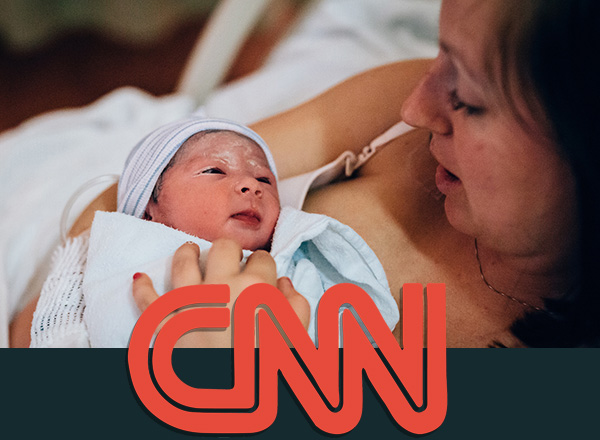Avoiding Sickle-Cell Anemia
What is Sickle-Cell Anemia?
Sickle-cell anaemia is a serious condition which affects a small amount of people, mainly of African or Caribbean origin. It can result in painful and life-threatening blood clotting and infections.
When present, red blood cells, which carry oxygen around the body, develop incorrectly. Instead of the usual flexible disc shape, these cells are sickle-shaped and rigid, and can get stuck in the smaller blood vessels of the body.
A person with sickle-cell disease has two abnormal Haemoglobin-S genes – one from each parent. Because of this, the disease is recessive and can only occur when both parents are carriers.
Those who have a single abnormal gene are carriers of the disease, but are unaffected.
How likely is sickle-cell anaemia to affect my children?
If both parents have the sickle-cell trait, then there is a 50% chance that the egg will carry the abnormal gene and the same chance that a sperm cell will also carry it. These means there is a 25% chance that the child will inherit the affected gene from both parents, and have sickle-cell anaemia.
How can sickle-cell anemia be prevented?
Genetic testing offers people opportunities to diagnose sickle-cell anaemia after the child’s conception. For couples who know both parents are carriers of the disease, it’s possible to use a modern IVF technique to eliminate the chance of children having the disease. During a normal IVF process, an embryo biopsy can be performed before the embryo is transferred to the Mother’s uterus. The couple may choose to only implant embryos unaffected by the disease, saving their children a painful and shortened life.
Another way couples can choose to prevent the disease is to conceive in the regular way, and then undergo chorionic villus sampling during the pregnancy. This is when a small biopsy is taken from the placenta around 9 weeks. The cells are then checked for the disease and a diagnosis is available within 2 to 3 days. Parents may then consider elective pregnancy termination if the foetus is found to be affected by sickle-cell anaemia. This method can be heart-breaking for the couple, and has also been challenged based on morality.
Another option which can be considered is using a sperm or egg donor without the sickle-cell trait. This may be a viable option for patents, as it eliminates the risk of the child having sickle-cell anaemia.
My girlfriend and I both have sickle-cell traits in our blood. Is there any way to ensure that our children will not have sickle-cell anaemia? – Khalid
Yes, there is a way to completely prevent your children from having the disease: PGD preimplantation diagnosis

